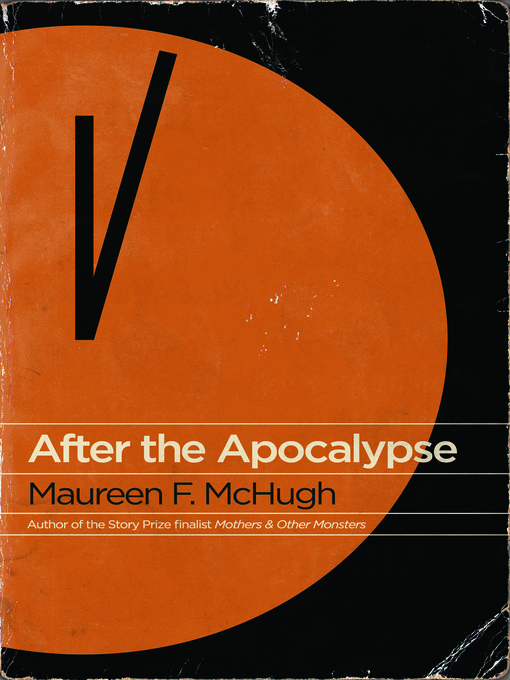Publishers Weekly Top 10 Best of the Year
In her new collection, Story Prize finalist Maureen F. McHugh delves into the dark heart of contemporary life and life five minutes from now and how easy it is to mix up one with the other. Her stories are post-bird flu, in the middle of medical trials, wondering if our computers are smarter than us, wondering when our jobs are going to be outsourced overseas, wondering if we are who we say we are, and not sure what we'd do to survive the coming zombie plague.
Praise for Maureen F. McHugh:
"Gorgeously crafted stories."—Nancy Pearl, NPR
"Hauntingly beautiful."—Booklist
"Unpredictable and poetic work."—The Plain Dealer
Maureen F. McHugh has lived in New York; Shijiazhuang, China; Ohio; Austin, Texas; and now lives in Los Angeles, California. She is the author of a Story Prize finalist collection, Mothers & Other Monsters, and four novels, including Tiptree Award-winner China Mountain Zhang and New York Times editor's choice Nekropolis. McHugh has also worked on alternate reality games for Halo 2, The Watchmen, and Nine Inch Nails, among others.



